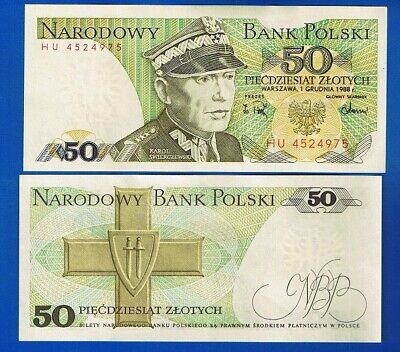
Introduction
Poland, a country located in Central Europe, is known for its rich cultural heritage and diverse history. With its stunning architecture, vibrant cities, and significant historical events, Poland holds an important place in Europe’s narrative. The relevance of Poland has only increased in recent times, especially as it has played a crucial role in European politics, economics, and social issues.
Historical Context
With a history that dates back over a thousand years, Poland has seen it all—from its formation as a kingdom to its struggles during World War II. Modern Poland, which re-emerged as a state in 1918 after over a century of partitions by neighboring powers, has been shaping its identity in the face of numerous challenges. The fall of communism in 1989 marked a significant turning point, leading Poland to become a member of NATO and later the European Union in 2004.
Current Events
Today, Poland is witnessing a surge in various socio-economic developments. The nation has been grappling with the impact of the COVID-19 pandemic while also facing migration challenges, especially in the recent influx of refugees from Ukraine. According to The United Nations High Commissioner for Refugees (UNHCR), over 7 million Ukrainians have fled their homes since March 2022, with many finding refuge in Poland. This demographic shift has prompted discussions on integration and social services in Poland.
Furthermore, Poland’s position in the European Union remains crucial, particularly regarding energy policies and security. The Russian invasion of Ukraine has intensified discussions around energy independence, pushing Poland toward diversified energy sources, including renewables. In recent climate discussions, Poland advocates for a balanced approach that ensures energy security while addressing environmental concerns.
Economic Developments
Poland’s economy has been one of the fastest-growing in Europe, showing resilience amid global downturns. The economy is bolstered by sectors like IT, manufacturing, and services, providing stable growth prospects. In 2023, the Polish government launched initiatives to support startups and technological innovations, aiming to be a leader in the digital economy.
Conclusion
Poland stands at a pivotal moment in its history, balancing its rich cultural heritage with modern demands. As it navigates ongoing global challenges and internal developments, Poland’s strategic importance in Europe continues to rise. For readers, understanding Poland is essential not just for appreciating its past but also for recognizing the role it will play in the future geopolitical landscape of Europe.



